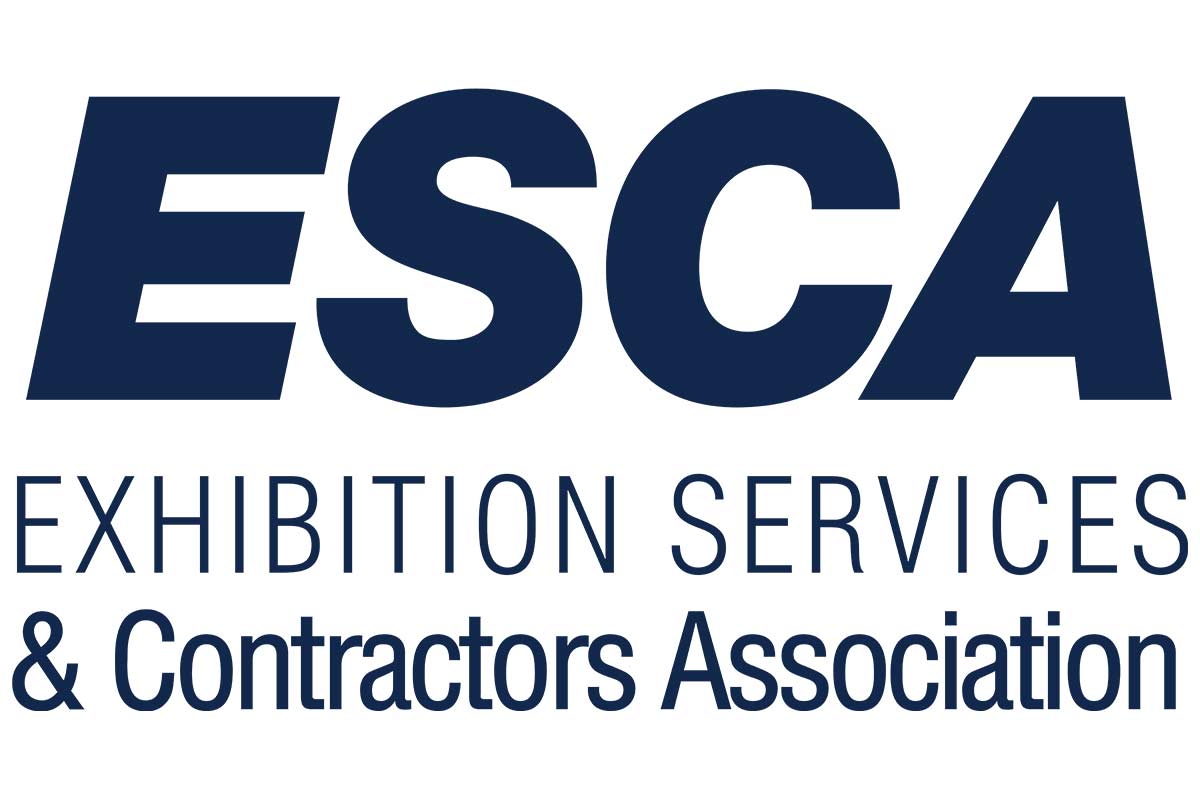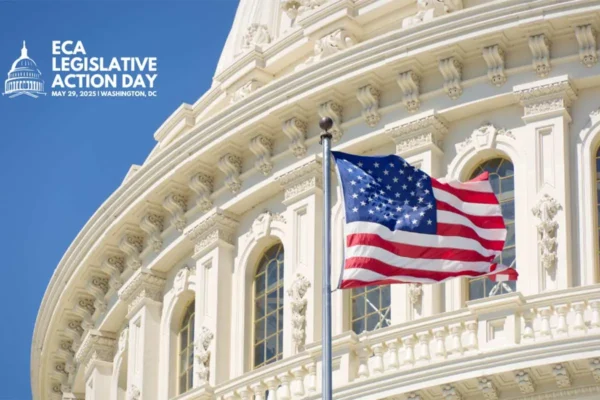submitted by ESCA
In a significant win for the exhibitions and events industry, the Western Propane Gas Association (WPGA), with strong support from the Exhibition Services & Contractors Association (ESCA) and the Exhibitions & Conferences Alliance (ECA), has reached a legal settlement with the California Air Resources Board (CARB) that halts enforcement of the state’s Zero-Emission Forklift (ZEF) regulation. The rule, which aimed to ban the sale of new propane-powered forklifts starting in 2026, is currently not being enforced against privately operated fleets under the terms of the settlement, pending EPA authorization.
The lawsuit, initiated by WPGA in August 2024 and backed by ESCA and ECA, challenged the ZEF rule’s unintended consequences, procedural flaws, and failure to account for the real-world economic impact on industries reliant on internal combustion forklifts. CARB has agreed not to enforce the rule or its reporting mandates against privately operated fleets until EPA authorization is obtained and has committed to considering adjustments to compliance timelines in any future rulemaking.
As part of the settlement, CARB has agreed to:
- Refrain from enforcing the ZEF regulation or reporting requirements against privately operated fleets until EPA authorization is granted.
- Not enforce or require reporting under the ZEF Regulation until after EPA authorization and the first subsequent reporting deadline.
- Permit manufacturers and dealers to continue selling and renting propane-powered forklifts that meet all other applicable federal and state standards.
- Consider adjusting compliance deadlines to ensure fair treatment of equipment purchased before any future approval date.
“This is a proud moment for the ESCA community and the broader industry,” said Julie Kagy, Executive Director of ESCA. “We took action when it became clear this rule would create massive disruption with little environmental benefit. Sustainability remains a top priority for ESCA, but it must be pursued thoughtfully, collaboratively, and with real-world expertise. This wasn’t about opposing climate action — it was about challenging a policy that ignored operational realities and placed unnecessary burdens on businesses. Our members are already leading through efficient logistics, reusable infrastructure, and measurable practices. We remain committed to that leadership — not through mandates that miss the mark, but through smart, lasting solutions that truly move the needle.”
CARB has also committed to ongoing collaboration with industry stakeholders, including naming a Deputy Executive Officer to act as liaison and co-hosting a minimum of three public workshops with WPGA to discuss alternatives and reduce unintended burdens on businesses.































